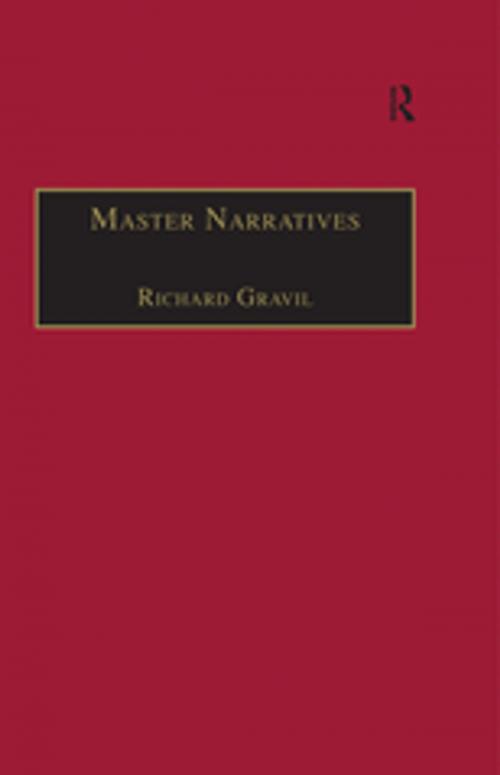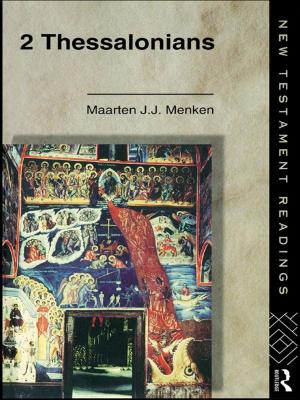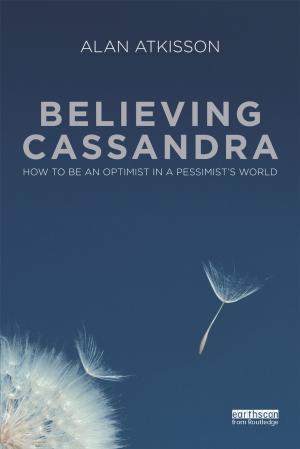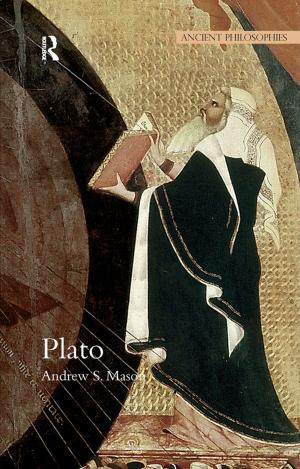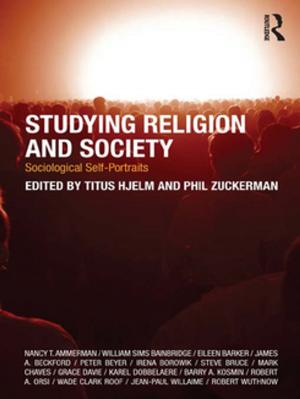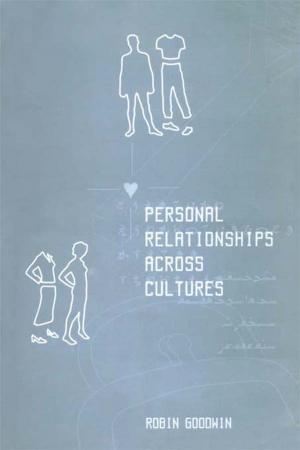Master Narratives
Tellers and Telling in the English Novel
Fiction & Literature, Literary Theory & Criticism| Author: | ISBN: | 9781351919241 | |
| Publisher: | Taylor and Francis | Publication: | March 2, 2017 |
| Imprint: | Routledge | Language: | English |
| Author: | |
| ISBN: | 9781351919241 |
| Publisher: | Taylor and Francis |
| Publication: | March 2, 2017 |
| Imprint: | Routledge |
| Language: | English |
Authors whose works are discussed in this collaborative book, covering a 'long' nineteenth century, include Sterne, Fielding, Scott, Austen, Mary Shelley, Emily Brontë, Gaskell, Dickens, George Eliot, Conrad, Woolf, and Lawrence. Most of the chapters focus on a single work, among them Tristram Shandy, Wuthering Heights, Bleak House, Middlemarch and Lord Jim, asking why, in the end, does this novel matter, and what does it invite us to 'see'. The contributors examine aspects of narrative technique which are crucial to interpretation, and which bring something new or distinctive into fiction. The introduction asks whether such experimentation may be driven by challenges to society's 'master narratives' - for instance, by a desire to circumvent the reader's ideological defences - and whether, in a radical model of canon-formation, such narrative innovation may be an aspect of canonicity.
Authors whose works are discussed in this collaborative book, covering a 'long' nineteenth century, include Sterne, Fielding, Scott, Austen, Mary Shelley, Emily Brontë, Gaskell, Dickens, George Eliot, Conrad, Woolf, and Lawrence. Most of the chapters focus on a single work, among them Tristram Shandy, Wuthering Heights, Bleak House, Middlemarch and Lord Jim, asking why, in the end, does this novel matter, and what does it invite us to 'see'. The contributors examine aspects of narrative technique which are crucial to interpretation, and which bring something new or distinctive into fiction. The introduction asks whether such experimentation may be driven by challenges to society's 'master narratives' - for instance, by a desire to circumvent the reader's ideological defences - and whether, in a radical model of canon-formation, such narrative innovation may be an aspect of canonicity.
